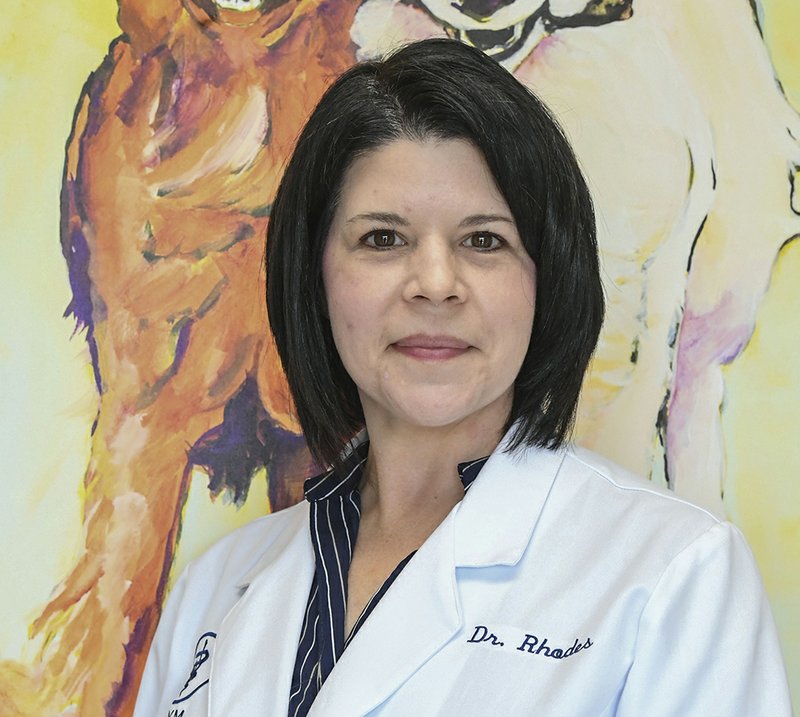Have you ever wondered why your veterinarian recommends blood work so routinely? Why is it required before anesthesia? Is it just an extra, or is it truly important? Let's ask Keeva.
Keeva is a beautifully hairy, 7-year-old Siberian husky. She is well-loved and receives regular and routine care, including blood work every year. In fact, Keeva has blood work on file for every year dating back to 2014, when she came to our clinic for her first yearly exam. She has a yearly exam on file as well, and for the past two years, she has had an exam twice yearly. She and her mom have followed all of our recommendations. If Keeva had a problem, we would find it.
Like a good girl, Keeva came in over the summer for routine dental prophylaxis. She has never had more than a moderate amount of tartar on her teeth. Mom agreed to blood work as recommended, and left her in our hands. Keeva's exam prior to her procedure was normal. No fever, no sign of illness, normal, normal, normal other than the tartar on her teeth. When Keeva's blood work results were available, however, I had to make a call to Mom. Keeva's Complete Blood Count (CBC) showed her lymphocyte count to be abnormally high. Lymphocytes are a type of white blood cell. With all of the other values within normal limits, this did not mean we needed to cancel her procedure, but I wanted to send her blood sample out for a review by a pathologist. Keeva's mom agreed.
The pathologist's review of Keeva's blood sample raised concerns that her lymphocyte count was indeed abnormal. The possible causes of this included Inflammatory Bowel Disease, Addison's disease, Chronic Lymphocytic Leukemia, and Tick-Borne Infection. So, I had to investigate further to know how serious Keeva's condition was and how best to treat her. The pathologist's recommendation was to repeat the test and see if we got the same result. If so, the next step would be "Flow Cytometry," a test to single out the type of cells we are most interested in for further analysis.
Keeva returned 10 days later, after fully recovering from her dental procedure. Her cell count had not changed, so a sample was submitted for Flow Cytometry. When the result of this test came in, I called Mom to schedule a consultation. News like this should be delivered in person. I had to prepare myself to tell Keeva's mom that her sweet girl, with no detectable symptoms, has Chronic Lymphocytic Leukemia.
Chronic Lymphocytic Leukemia (CLL) is an uncommon blood cancer in dogs. It usually originates in the bone marrow, resulting in overproduction of cancerous lymphocyte white blood cells. CLL is slowly progressive, and although we will not likely cure Keeva of CLL, she has great potential at up to three years without her disease advancing. In the meantime, we are watching her blood work closely for the first sign of change. At that point, we have treatment options available, including an oral chemotherapy drug. We are doing everything we can to act quickly and aggressively when Keeva needs us to.
Because Keeva has such a great history of exams and blood work, I feel confident that we caught her disease at the earliest possible stage. She had no symptoms, there was no reason to think anything was wrong with her. This is the ideal time to find an issue and go to battle. Keeva cannot tell us how she is feeling, but thanks to her Mom's diligent care and routine blood work, we know and we can help.
Go Magazine on 01/15/2020
